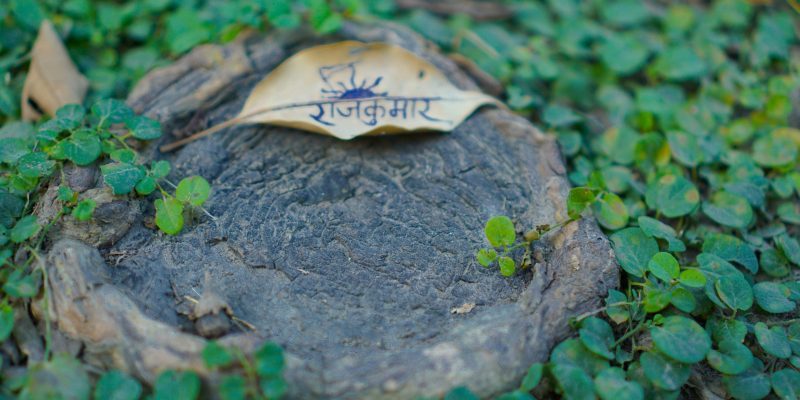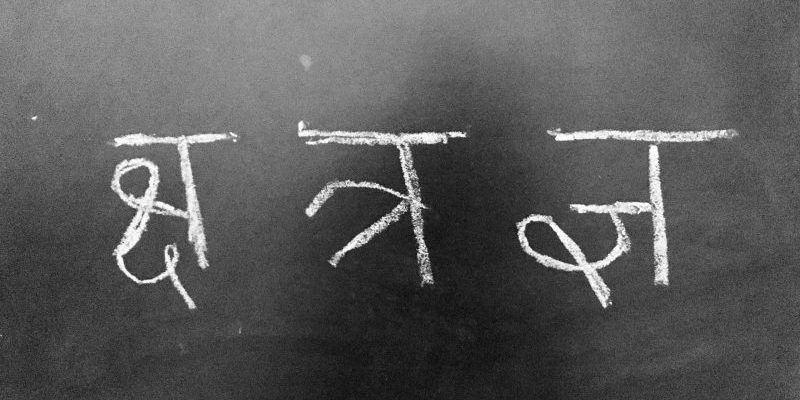
7 Basic Hindi Words for Beginner Students
The Hindi language has been spoken since the early 7th century, borrowed from the early dialects, such as Vedic Sanskrit. Today it’s a globally accepted language, and schools even incorporate it as part of their learning curriculums.
As with any other foreign language, one of the first steps to learning the Hindi language is to build your vocabulary. This article will explore some foundational Hindi words as well as their meanings and uses.

Benefits of Learning the Basic Hindi Words to a Student
Learning Hindi offers students many benefits and opportunities in their academic lives and even in their careers. These include:
- Improved prospects of college enrollment
- Boosted confidence
- An earned sense of achievement
- A competitive edge in the employment markets
- Improved appreciation of other cultures and people while traveling abroad
Basic Hindi Words for Beginners
Despite being spoken for millennia, Hindi has evolved to incorporate Persian and Arabic, whose online classes have many things in common. It has even shaped up some English words that many would never have known were Hindi. Still, the terminology is uniquely smooth and pitched, making learning Hindi fun and pleasurable; below are seven (7) essential Hindi words for beginners.
1. Namaste
When translated to English, Namaste means “hello.” It’s made up of two Sanskrit words, “Namah” and “te,” which represent “bow” and “to you,” respectively. The word means “I bow to you.” When saying the greeting, one must press their palms together and bow as a token of respect.
2. Jangal
Just as you pronounce “jungle” in English, that’s how close you come to describe a vast, wild wasteland in Hindi. That’s because the word was initially Hindi. It became an everyday word used by early English settlers in India when describing wild, uncultivated land. It’s the English that borrowed the term from Hindi.
3. Achha
In Hindi, “Achha” means “good.” Nonetheless, it is a synonym to other words depending on the context and intonation you give it. That said, it can also mean “okay,” “I understand,” “Oh,” or I have a question.”
4. Saanjh
Saanjh was derived from the word “Sandhya,” which means evening, a critical part of the day in the Hindu culture. Indians believe that evening is when day meets night when a god enters many people’s houses to bless them. That’s why you’ll find many homes in India lit up at this hour – to welcome god’s blessings to stave off evil spirits.
5. Bandhana
Most of us have come across the English word “Bandana.” It is a fashion word borrowed from two Hindi words: “badhnu,” which means the tie-and-dye process through which colorful handkerchiefs are made, and “bandhana” for “tie-up.”
6. Thik Hai
Pronounced as “teek hey,” Thik Hai means “is fine.” You can use the word instead of “achha” or in its stead. For instance, “I’m heading to the grocery store, and I’ll be back by 1 pm.” “Achha, achha, thik hai” (Okay, good, it’s fine), or “Thik hai, I’m heading out now” (Alright, I’m headed out now).
7. Kripaya
Kripaya means “please” in English, which demonstrates a polite gesture. Like in English, you’ll use Kripaya before beginning your statement.
Learn Hindi Online with LanguageBird
Would you like your child to get started on the Hindi language or another foreign lingo? LanguageBird offers quality online classes to help your child learn any foreign dialect, from Italian and Greek to Japanese and Mandarin. We offer one-on-one sessions to ensure personalized and fun learning from a native speaker. Contact us to learn more about our online programs.





